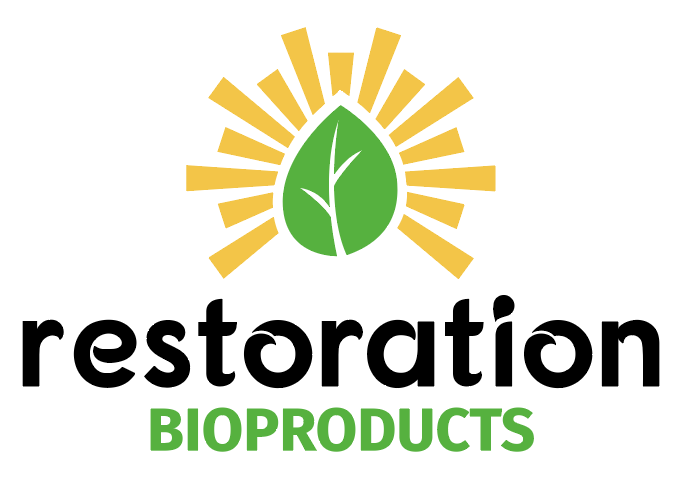Virginia coalition's plan to remove CO2 from the atmosphere
Agriculture and forestry make up the largest part of Virginia’s economy – and both areas produce waste products like wood that’s left over when sawmills make construction material or corn husks and other parts of a crop that are not processed for food. Those materials as well as grasses can be heated at very low temperatures, in the absence of oxygen, until they turn black. The end product is called biochar – a material like charcoal that is 60-90% carbon. Soil that contains biochar can absorb more carbon from the atmosphere.
“Virginia landowners could possibly provide a scale of solution that can move the needle to help Virginia to meet its 2045 Net Zero CO2 goal through this type of natural solutions,” says American Climate Partners' Chairman Al Weed.
His group will encourage landowners and farmers to spread biochar across their fields. Already, Dominion Energy says it wants in.
“By taking this material and spreading it on the ground at one of our designated solar farm sites, we can work to determine the feasibility of sequestering carbon so it isn’t discharged into the atmosphere," says Cedric Green, Senior Vice President of Generation. "We own a lot of land, and we have a lot of solar sites, and with the Virginia Clean Economy Act, a lot more to come.”
The mid-Atlantic is the number one producer of grass when you look at yield per acre, so American Climate Partners will reach-out to those who grow switch grass or raise cattle – predicting biochar in Virginia could pull 5-10 million tons of carbon from the atmosphere and keep it in the ground.
Source: WVTF
